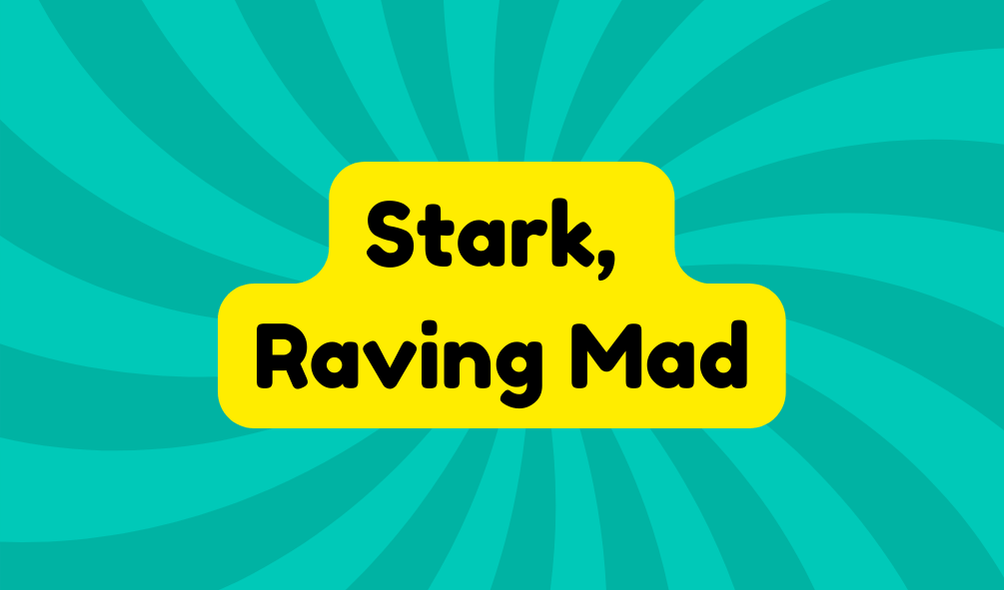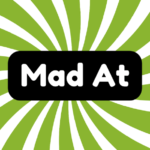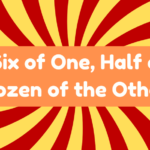The phrase "stark, raving mad" describes extreme irrationality and madness. It has historical roots, reflecting shifting perceptions of mental health. While it can vividly express absurdity, its frequent use might contribute to stereotypes about mental conditions. Context matters; using such language in professional settings can undermine one's credibility. Understanding its origins and implications is essential for respectful dialogue. Exploring its nuances reveals more about how society views mental health today and the language we use to discuss it.
Synonyms
Synonyms serve as linguistic tools, providing alternatives to commonly used phrases while enriching communication. When discussing madness, a diverse range of synonyms broadens comprehension and appreciation of mental conditions. Alternative expressions for insanity not only diversify vocabulary but also offer nuanced meanings.
- *Fractured mind*
- *Demented state*
- *Erratic behavior*
Incorporating these synonyms for madness fosters deeper conversations. However, the frequent use of such phrases may dilute their meaning, rendering them cliché. Skillful application, consequently, is essential. Engaging with these alternatives encourages awareness of their implications, promoting informed dialogue regarding mental health and societal perceptions surrounding insanity.
Example of Sentences
When exploring the phrase "stark, raving mad," one can find various contexts in which it is effectively used. This expression encapsulates extreme mad behavior and irrational actions, often highlighting the absurdity of certain situations. Examples demonstrate its versatility:
- During the meeting, his ideas were so extreme that everyone thought he was stark, raving mad.
- The plot twist was so convoluted that it left the audience feeling stark, raving mad.
- Her frantic reactions to minor setbacks were typical of stark, raving mad behavior.
In all cases, the phrase aptly conveys a sense of bewilderment, prompting reflection on societal norms of sanity.
Origin
The phrase "stark, raving mad" has intriguing roots that date back several centuries, illustrating how language evolves alongside cultural perceptions of mental health. Initially documented in 1489 as "stark mad," it emphasizes the totality of madness. Over time, phrases like "stark staring mad" emerged, reflecting societal views on mental states. The historical usage reveals a shift in understanding that coincided with the classification of conditions like melancholia. Significantly, references to notorious places such as Bedlam illustrate how cultural perceptions shaped language. This evolution not only highlights linguistic creativity but also serves as a mirror to society's evolving views on mental health.
Collocations
Collocations can serve as illuminating tools for understanding how phrases like "stark, raving mad" are used in language. Analyzing such idiomatic variations reveals underlying cultural perceptions of madness expressions. These combinations enhance communication but may also obscure meaning for some audiences.
- "Completely bonkers"
- "Utterly insane"
- "Perfectly absurd"
Each expression offers a distinctive flavor, illustrating the evolving nature of language. However, it is essential to recognize that some variations may perpetuate stereotypes or misunderstandings about mental health. Consequently, dissecting collocations assists in critically evaluating how language influences our understanding of madness and emotional states.
How to Use in Everyday Language
Using the phrase "stark, raving mad" in everyday conversation can add color and intensity, but one should take into account the context. While its practical applications can be appealing, care must be taken to avoid potential misunderstandings. In professional settings, these colloquial expressions might undermine credibility or create confusion. It's important to gauge the audience's familiarity with such phrases. Employing "stark, raving mad" can effectively convey strong feelings or reactions, yet it may also risk trivializing serious discussions about mental health. Ultimately, thoughtful usage will guarantee that the phrase enhances dialogue rather than detracts from it.
Why Is It Still Relevant Today?
Why does the phrase "stark, raving mad" continue to resonate in today's society? Its enduring relevance lies in shifting cultural perceptions of mental health and the modern usage of language. In an era marked by rapid technological advancements and societal pressures, the phrase effectively articulates feelings of confusion and irrationality. As people navigate complex challenges, they often find themselves using this vivid expression to convey their frustrations. This reinforces the notion that madness, both literal and metaphorical, remains a relevant commentary on human experience. Consequently, it encapsulates the unpredictable nature of contemporary life, reflecting both its chaos and intricacy.







